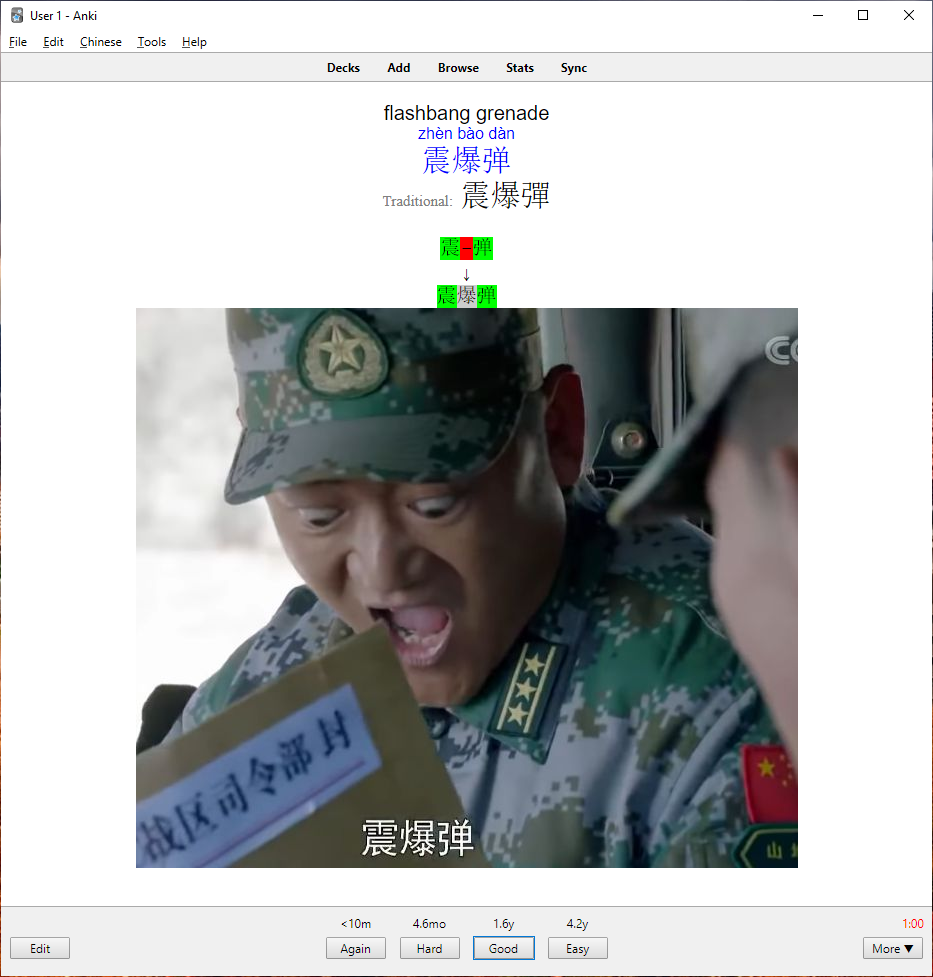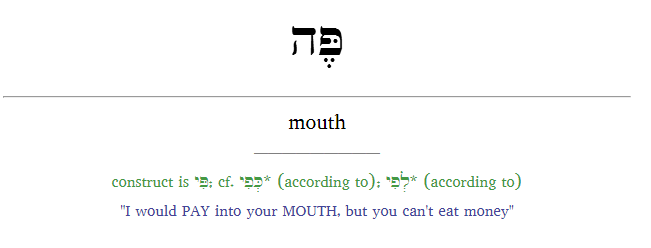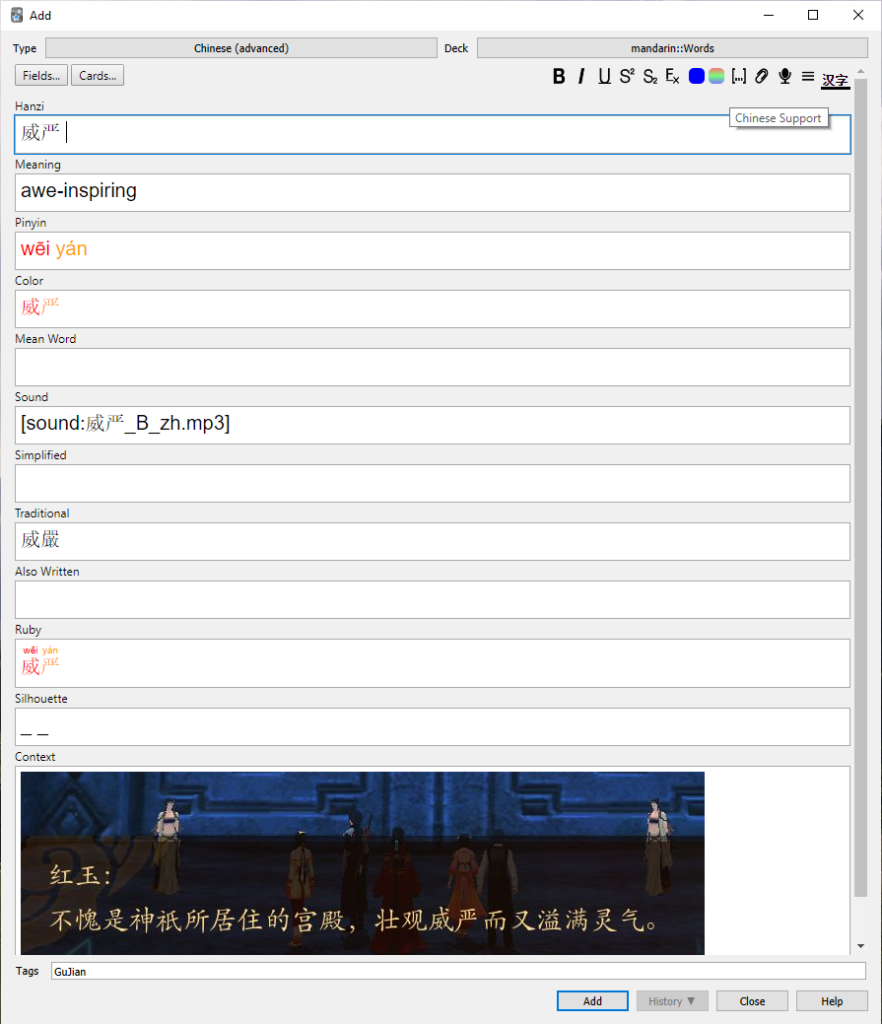Heinrich Schliemann, a famous 19th-century polyglot, considered it a waste of time of time when you had to look up words in a dictionary.
I procured a modern Greek translation of ‘Paul et Virginie’ , and read it through, comparing every word with its equivalent in the French original. When I had finished this task I knew at least one-half the Greek words the book contained, and after repeating the operation I knew them all, or nearly so, without having lost a single minute by being obliged to use a dictionary.
Heinrich Schliemann : Autobiography
Ok, he surely recommends parallel reading in two languages as a better way to learn new vocabulary than looking it up in a dictionary.
But also don’t forget that was the 19th century. It takes at least half a minute to look up a word in a paper dictionary. In today’s world it should not take you more that half a second. Take advantage of some kind of popup dictionaries where you can just point to a word and it shows you the translation – you can do this on your computer but also on your ereader or phone.
There is something particular about getting full confirmation of a translation you are not completely sure about. When you ask a question, you will remember the answer much better than by simple reading of the same information.
There is a way to leverage this Question-Answer effect when you want to learn vocabulary: flashcards. I remember that when I first started using flashcards (first for Esperanto, then for Russian), my grade in Russian went to A for every test. I actually coded my own app for the Symbian phone (I’m that old… 🙂 ) to be able to learn vocabulary on it. Flashcards do definitely work, if you use them correctly.
The first key element to understand about flashcards is spaced repetition. It is much better to repeat a word once today, tomorrow, after four days and after ten days, than ten times in the same day. That’s how our memory works: it gets rid of things that are not reinforced in the long term. I once saw a girl in a café with quite a large deck of paper cards. Her boyfriend shuffled the cards, picked one after another at random and tested her. Although a romantic way to learn vocabulary, it is a waste of time (assuming your goal with this approach is to actually study…)
This is where Anki comes in. It tracks all your flashcard learning and keeps showing you the ones you have to repeat until you know them; and not more. That means you get the most knowledge for your time invested.
Also, if you are a serious language learner, you might get to several hundreds or even thousands of cards. I can’t imaging managing such a large paper deck.
When you finish your flashcards for a day, it gives you a great sense of satisfaction. You can be confident in your knowledge of the material you studied. This is also very handy if you are preparing for a formal test.
Note studying vocabulary “in the wild” is always more interesting and usually even more effective. I would definitely discourage learning words you have never seen before with Anki. Instead, just learn the words you encounter in books or movies or in the real world.
Tips for using Anki effectively for languages
1. Learn in your idle time
If you are using flashcards at all, be sure to get a mobile app (for Android devices, there is the free Ankidroid, as well as a paid Ankimobile for Apple devices; or perhaps you could use the web interface for Anki). Take advantage of the time you have no other use for (e.g. waiting in a queue, sitting on a bus, taking a walk…) What is great about flashcards is that you don’t need any “warm-up” time – you can learn even during very short breaks and interruptions do not matter so much as compared to doing complicated reading.
2. Include context
When you get to the point where you have learned several hundreds cards, it could easily happen that many cards will seem alike. To prevent this you can include the context (i.e. screenshot from the movie or game, a photo, or just a quote from the book you are reading) in the flashcard. It also makes the cards much more emotional as it reconnects you to the feeling of that moment.

3. Consider mnemonics
When studying Hebrew, I was delighted to discover a shared deck that already contained the vocabulary I was about to study. I could just prune it quickly, without having to spend any effort creating the cards. So, thanks to the authors!
But not only that: there were mnemonics pre-made for most of the cards. Just a short sentence that connects the Hebrew meaning to the English one – but it makes a world of difference. It is certainly a good idea to write your own if you can’t find any, at least for the words that are the hardest to remember.

4. Find good plugins
To make creating vocabulary less of a chore, make sure to browse through Anki add-ons. You can usually find one that makes your study life easier. There are plugins that download the pronunciation, so you can hear what you are learning. Other plugins fill in the translation for you.

